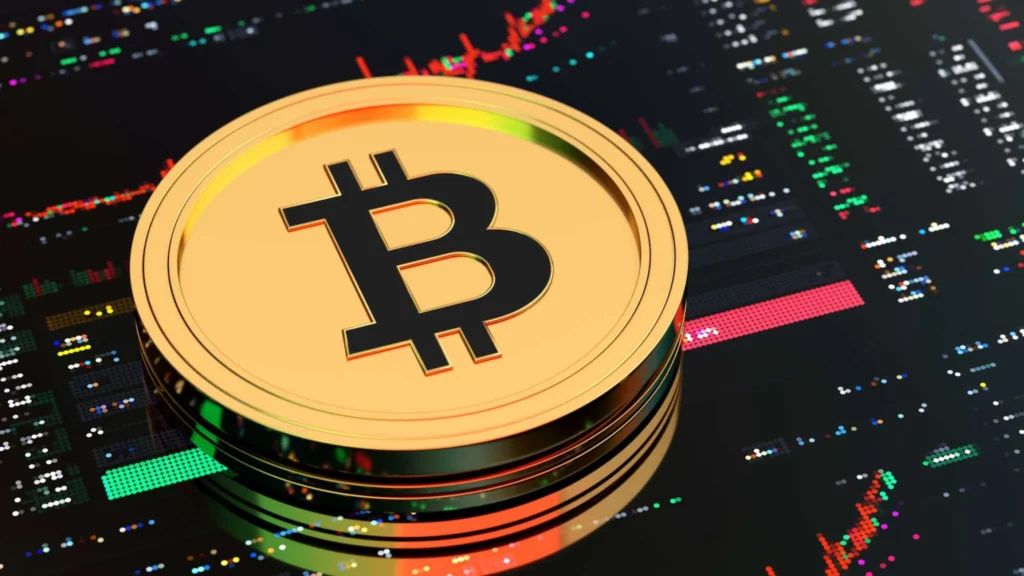Picture this: You can send money to anyone in the world, instantly, without needing a bank. That’s the power of cryptocurrency. But what exactly is it, and why should you care? Whether you’re just curious or thinking about dipping your toes into investing, this guide breaks it all down in plain language. We’ll cover everything from Bitcoin to blockchain—so you can understand the future of finance without the jargon overload.
What Is Cryptocurrency?
Cryptocurrency is digital money that uses cryptography (fancy math) to keep transactions secure. Unlike dollars or euros, which are controlled by governments and banks, crypto runs on decentralized networks powered by blockchain technology.
It all started with Bitcoin in 2009, created by the mysterious (and still unknown) Satoshi Nakamoto. Today, there are thousands of cryptocurrencies, including big names like Ethereum, Binance Coin, and Solana.
What Makes Crypto Different?
✔ Decentralized – No bank or government controls it.
✔ Transparent – Every transaction is recorded on a public ledger.
✔ Secure – Cryptography makes fraud nearly impossible.
✔ Limited Supply – Many (like Bitcoin) have a fixed amount, which can drive up value.
These features make crypto a game-changer—but how does it actually work?
How Does Cryptocurrency Work?
Cryptocurrencies run on blockchain, a digital ledger spread across thousands of computers. Every transaction is grouped into a “block,” which gets added to a “chain” of previous transactions—hence the name. Once recorded, it can’t be changed, making fraud extremely difficult.
How a Crypto Transaction Happens
1️⃣ You send crypto (say, Bitcoin) to a friend.
2️⃣ The network checks if the transaction is legit.
3️⃣ Miners (or validators) confirm it by solving complex puzzles (for Bitcoin) or staking coins (for Ethereum).
4️⃣ The transaction gets added to the blockchain.
5️⃣ Your friend receives the crypto—done!
This whole process cuts out middlemen like banks. And blockchain isn’t just for money—it powers things like DeFi (decentralized finance) and NFTs too.
Why Cryptocurrency Matters
Crypto isn’t just for tech geeks—it’s changing finance (and more) in real ways:
✅ Financial Access – Over 1.4 billion people don’t have bank accounts. Crypto lets them use financial services with just a smartphone.
✅ Lower Fees – Sending money abroad? Banks charge 5-7%. Crypto often costs less than 1%.
✅ Faster Transactions – Bank transfers take days. Crypto? Minutes.
✅ More Privacy – Transactions are pseudonymous (not fully anonymous, but more private than banks).
✅ Innovation – Blockchain enables smart contracts, DeFi apps, and NFTs, opening up wild new possibilities.
Of course, crypto isn’t risk-free—volatility and scams are real concerns. But its potential is huge.
Popular Cryptocurrencies (Beyond Bitcoin)
With thousands of cryptos out there, here are the big players:
| Crypto | Why It’s Special | Best For |
| Bitcoin (BTC) | The OG crypto, like “digital gold” | Long-term store of value |
| Ethereum (ETH) | Runs smart contracts & dApps | DeFi, NFTs, apps |
| Binance Coin (BNB) | Powers Binance exchange | Trading discounts |
| Cardano (ADA) | Focused on scalability & sustainability | Smart contracts |
| Solana (SOL) | Super fast & cheap transactions | dApps, NFTs |
If you’re new, Bitcoin and Ethereum are the safest starting points.
Common Crypto Mistakes (Don’t Do These!)
❌ Leaving crypto on exchanges – Use a secure wallet (like Ledger or Trezor) to avoid hacks.
❌ FOMO investing – Just because a coin is trending doesn’t mean it’s a good bet. Do your research!
❌ Ignoring fees – Some blockchains (looking at you, Ethereum) can get pricey. Check costs before trading.
❌ Forgetting taxes & laws – Crypto regulations vary. Stay compliant to avoid headaches.
FAQ: Quick Answers to Big Questions
1. How is crypto different from regular money?
Traditional money (like dollars) is controlled by banks and governments. Crypto is decentralized, digital-only, and secured by math—not institutions.
2. Is crypto safe?
The tech itself is highly secure, but scams and hacks happen. Use trusted wallets/exchanges (like Coinbase) and never share your private keys!
3. How do I buy crypto?
Sign up on an exchange (Coinbase, Binance, Kraken), deposit cash, and trade for crypto. Then move it to a secure wallet.
4. What’s a blockchain?
A digital ledger that records transactions across many computers. It’s transparent, unchangeable, and secure—the backbone of crypto.
5. Is crypto legal?
Depends where you live. The U.S. and EU allow it with rules, while China bans it. Always check local laws.
Final Thoughts: Ready to Dive In?
Cryptocurrency is reshaping money, offering freedom, speed, and innovation—but it’s not without risks. Now that you’ve got the basics, you can explore smarter.
Next steps?
Stay curious—the future of money is just getting started.
Research before investing.
Start small.
Keep your crypto secure.

